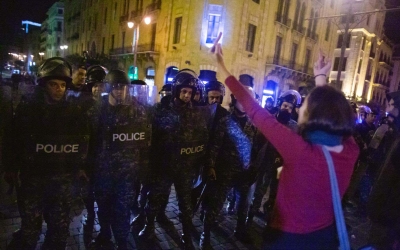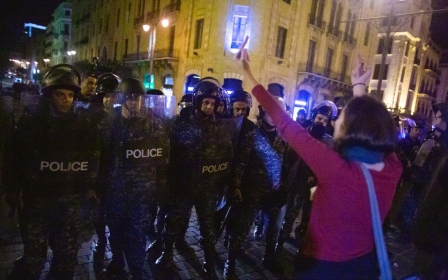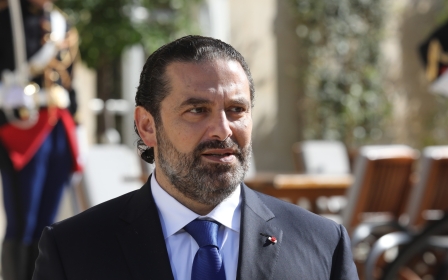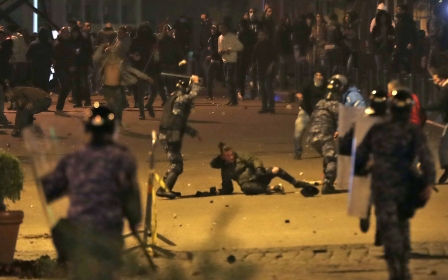Former minister Diab favourite to be named Lebanon premier
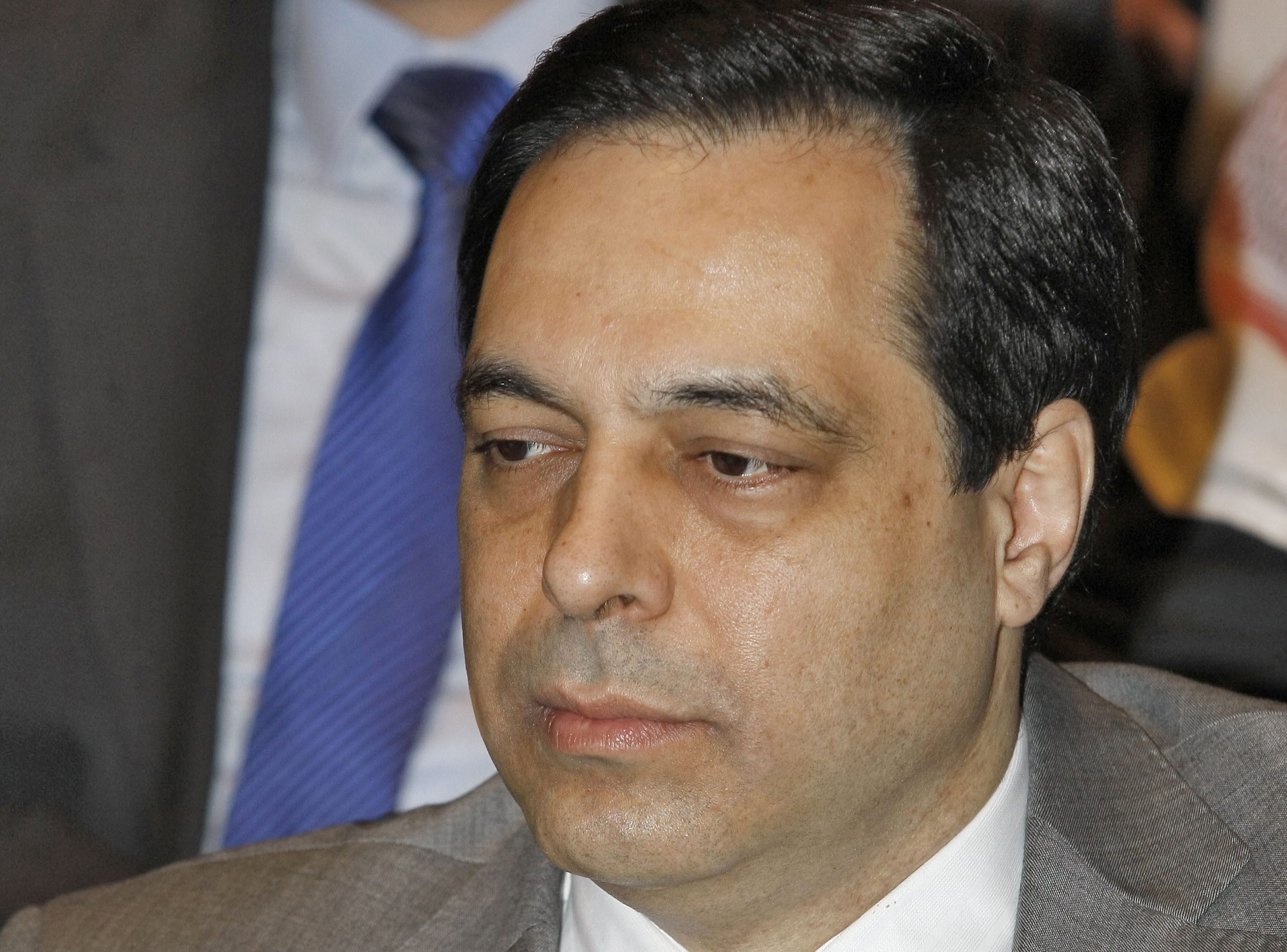
Former education minister Hassan Diab looks set to be named Lebanon's new prime minister on Thursday, senior political sources said, a move that would thrust a little-known engineer to the forefront of efforts to tackle an acute economic crisis.
President Michel Aoun is due to hold formal consultations with Lebanon's 128 lawmakers on their choice for prime minister throughout the day, and must designate the candidate with the greatest support.
New MEE newsletter: Jerusalem Dispatch
Sign up to get the latest insights and analysis on Israel-Palestine, alongside Turkey Unpacked and other MEE newsletters
Diab emerged as a candidate for the position at the last minute when outgoing prime minister, Saad al-Hariri, withdrew his candidacy for a job that must be filled by a Sunni Muslim under Lebanon's sectarian system.
As things stood on Thursday morning, Shia groups Hezbollah and Amal, in addition to Hezbollah's biggest Christian ally, the Free Patriotic Movement, will all nominate Diab, three senior sources familiar with each group's position told the Reuters news agency.
With Hezbollah and its political allies holding more than 70 of the seats in parliament, Diab should emerge with the largest amount of support.
Demands not met
Hariri, who is aligned with Western and Gulf Arab states, resigned on 29 October, prompted by protests against a ruling elite accused of overseeing rampant state corruption.
The expected announcement of a new prime minister comes as tensions between protesters, security forces and supporters of some establishment parties have started to rise, more than 60 days after the uprising began.
Protesters have taken to the streets to call for the removal of the entire ruling class, who they accuse of causing an economic and financial crisis in the country.
Their main demands, which include the formation of an independent government of specialists to lead the country out of the crisis, as well as early elections, have not been met.
Middle East Eye delivers independent and unrivalled coverage and analysis of the Middle East, North Africa and beyond. To learn more about republishing this content and the associated fees, please fill out this form. More about MEE can be found here.


